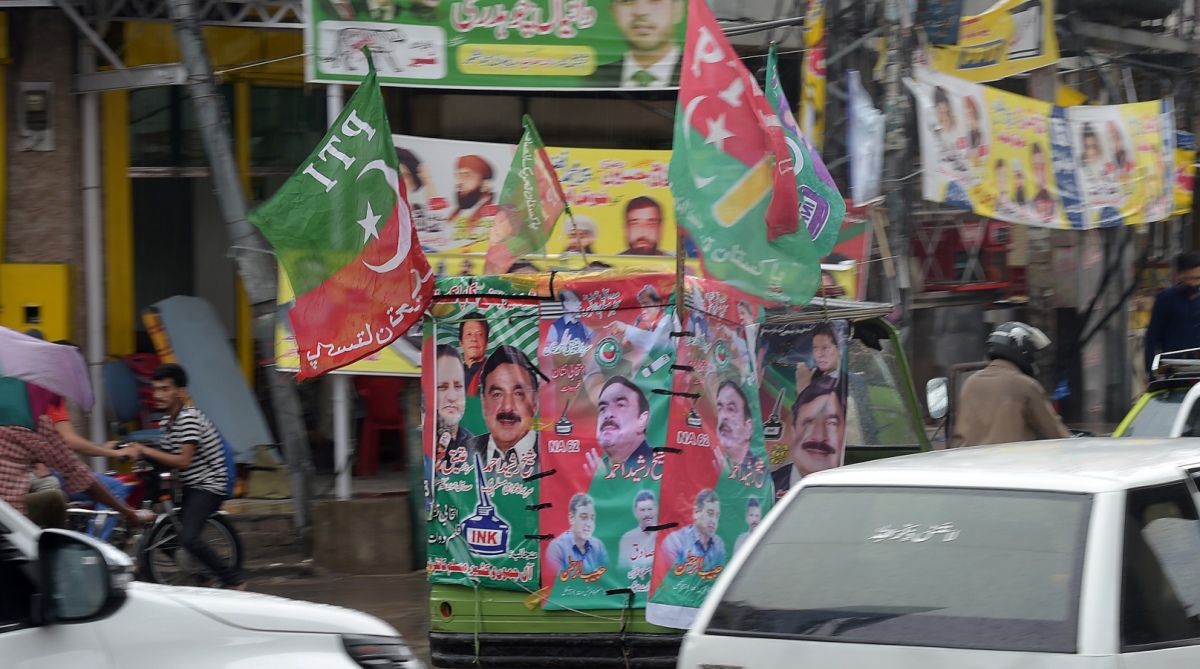Quite the most astonishing feature of this Wednesday’s elections in Pakistan must be that it will be conducted under the shadow of the soldier’s gun as happened in Bangladesh in 2013. But whereas Dhaka then had a military interregnum with a civilian facade, Pakistan still claims a civilian dispensation, helmed by an interim Prime Minister.
The renewal of the tryst with democracy on 25 July will thus run counter to the certitudes of democratic governance. The concept, more accurately, has been undermined even before the first vote has been cast. Indications suggest that it is an election stage-managed by the military.
Advertisement
It thus comes about that judicial powers have been granted to the omnipotent army in an eleventh-hour move that has been greeted with collective jaw-dropping of the political class, however bankrupt, and the human rights groups. In a sense, it confirms Nawaz Sharif’s allegation that the army is working covertly to favour Imran Khan and his Pakistan Tehreek-e-Insaf.
It is hard not to wonder whether it will be a quasi-military operation, masquerading as democratic elections. No fewer than 371,000 troops will be deployed across the country ostensibly to guard the elections. Markedly, this is thrice the number of soldiers who were mobilised for the election five years ago. The figures are testament to the country’s mounting volatility.
While the Rawalpindi GHQ has been doubtless driven by the political chaos ~ reinforced with the arrest of Nawaz Sharif ~ the “operation” also serves to underscore the fragility of the overall law and order situation in the four provinces and Imran’s Khyber-Pakhtunwaha, a federally-administered region.
The Election Commission has accorded troops the authority of a “magistrate” to hold on-the-spot trial of voters who violate election laws and sentence them. Summary justice, arguably even rough-and-ready, will thus be accorded precedence over the Election Commission’s findings. Small wonder that political parties have objected to the move, primarily because the military’s traditional election duties have been limited to ensuring security.
The fact that the gun-toting watchdogs in uniform will now be equipped with magisterial powers lends a new dimension to Pakistan’s electoral praxis. In the net, elections in addition to the government, society, and politics have already been militarised and dangerously so.
Given the fact that the country’s history has been punctuated with bouts of military rule, it is open to question whether the army will be strictly neutral. Its assurance on this score will, therefore, be a mite difficult to digest. The robust involvement of the military in the polls is almost unprecedented ~ save on a far far limited scale in 2013.
As the Human Rights Commission of Pakistan has observed, “such measures border on micro-management by an institution that ought not to be involved so closely in what is strictly a civilian mandate”. In point of fact, the “civilian mandate” has been rather thin on the ground since the heady days of August 1947.











